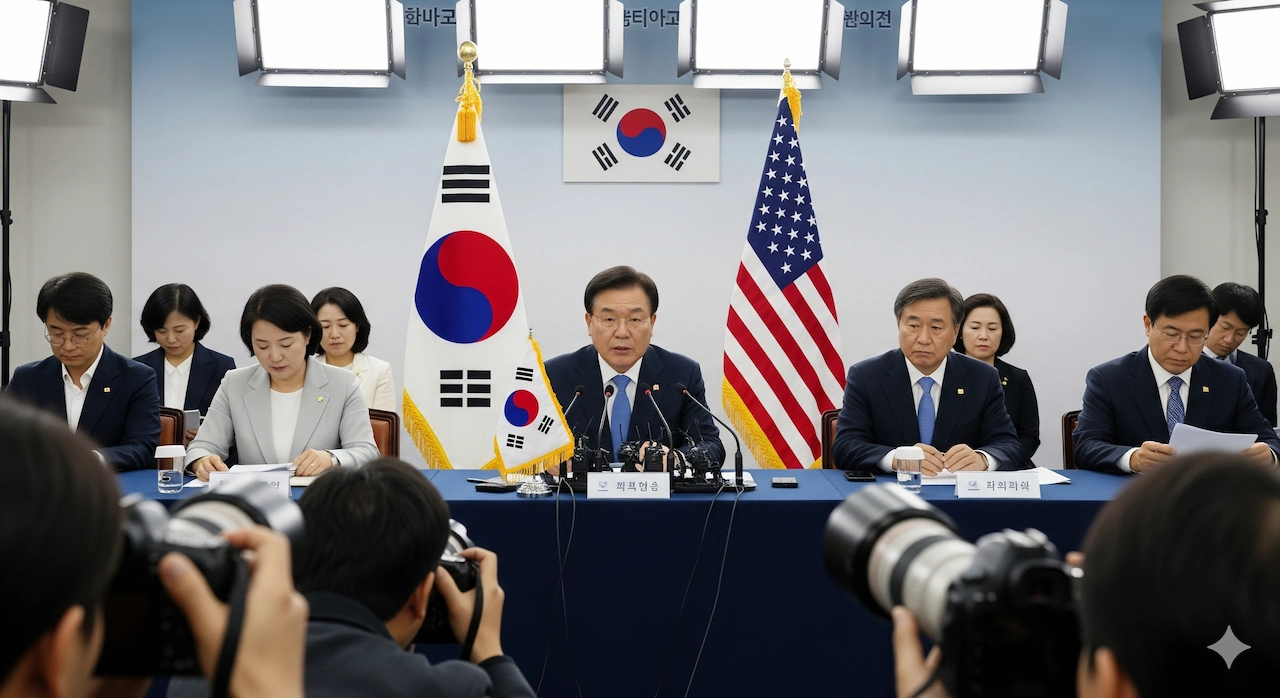GloNews10

The recent U.S. immigration raid at a Hyundai battery plant in Georgia has drawn global attention, sparking concerns about labor rights, immigration enforcement, and international diplomacy. In response, South Korea has pledged full support for its citizens who were among those detained, marking a significant moment in U.S.–South Korea relations.
On September 5, 2025, U.S. Immigration and Customs Enforcement (ICE) agents conducted a large-scale raid at a Hyundai-owned facility in Georgia.
This move has triggered widespread debate in the U.S. over immigration enforcement and labor practices in foreign-owned companies.
South Korean President Lee Jae-myung quickly addressed the issue, pledging full legal and diplomatic assistance to its citizens.
President Lee stated, “The government will do everything possible to ensure our people receive fair treatment under U.S. law.”
The immigration raid comes at a sensitive time in U.S.–South Korea relations. While both nations maintain strong military and economic ties, incidents like this can create diplomatic tension.
Key concerns include:
Experts believe that while this incident may temporarily strain relations, it is also an opportunity for dialogue on labor rights and fair immigration practices.
Beyond the politics, the human cost of such raids is significant.
This highlights the complex challenges of global labor migration in industries such as automotive manufacturing. Reuters
The Hyundai plant raid reflects broader global immigration challenges.
The South Korean government’s proactive response sets an example of how nations can protect their citizens abroad.
The South Korea–U.S. immigration raid incident underscores the intersection of labor, law, and diplomacy in today’s globalized world. As Hyundai and U.S. authorities navigate the legal aftermath, South Korea’s swift support for its citizens reflects the growing importance of worker protection and international cooperation.